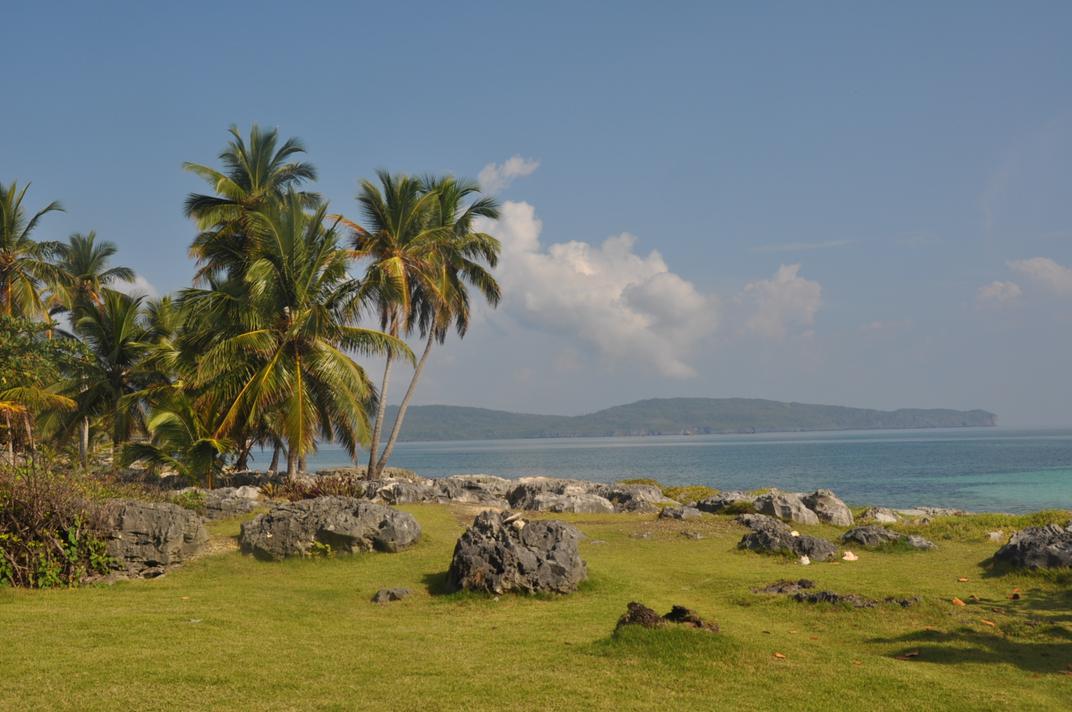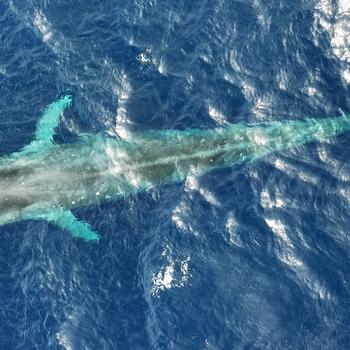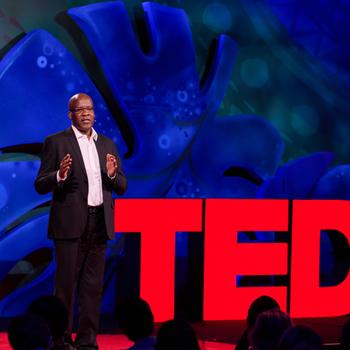Editor’s note: The 2017 hurricane season in the Caribbean underscored how vulnerable islands are to the stronger storms that climate change is likely to create — yet many developing island nations lack the resources to mount an effective defense against extreme weather impacts.
Enter the Critical Ecosystem Partnership Fund (CEPF) — a joint initiative that includes Conservation International — which provides grants to civil society organizations in island countries to protect their greatest asset in the fight against climate change: nature. In this interview, CEPF Executive Director Olivier Langrand explains.
Q: Why is it important for small island developing countries to protect nature?
A: On these islands, properly managing natural resources and natural ecosystems has an immediate and direct influence on human well-being. This includes using nature-based solutions to prevent and reduce the impacts of severe weather. For instance, in Haiti, CEPF funded a project where people are restoring mangrove forests to create a buffer for future storms, including setting up a nursery to grow an initial 10,000 mangrove trees.
Mangroves form a natural barrier between the ocean and the people who live on land, breaking waves and limiting the impact of heavy winds. If your village is on a beach without mangroves, the winds and waves come straight to your community, and you lose your roof, your house, your crops. People tend to forget nature’s power to both protect and destroy, and as a result, mangroves have been cleared in a large number of places. Since 2007, the six areas where we invested in Haiti have seen a 17 percent increase in forested land. When communities are given the chance to work on reforestation, these initiatives are very effective because communities know they will be the first to benefit.
Q: What about fresh water on these islands in the aftermath of storms? What role do forests play here?
A: Watersheds can be damaged or destroyed by heavy winds, so if a forest is heavily fragmented, it’s more prone to be destroyed. Maintaining large blocks of forest increases the resistance of forests to extreme weather. These watersheds are the main source of fresh water for many people, which is even more important during a hurricane when fresh water resources can be scarce. Without forests rainwater runs off on bare soil, flows into the ocean along with sediment and makes the water turbid, killing coral and reducing the productivity of fisheries that people rely on for their livelihoods.
In the Dominican Republic, which was just hit by Hurricane Maria, one of our grantees developed the country’s first protected area management plan, focusing on the Humeadora Mountain National Park. This park provides 70 percent of the water for Santo Domingo, the capital city of the Dominican Republic and home to nearly one million people. Implementing this management plan has helped the Dominican Republic minimize harmful impacts on this critically important watershed. In Jamaica, another grantee did a climate change risk assessment that identified a decrease in freshwater supplies as a potential future problem. As a result, Jamaican civil society groups are now taking proactive steps to restore forests.
Q: How does CEPF decide where to work, and what’s next on the horizon?
A: CEPF focuses on biodiversity hotspots — some of Earth’s most biologically diverse yet threatened areas — in five-year cycles. Before we start investing in a region like the Caribbean Islands, we run a locally led consultation process where we talk to NGOs, the private sector and governments. The way we operate is unique, because these partners are the ones who actually define where we should invest our resources to conserve biodiversity. CEPF is supporting projects implemented by local communities, for local communities.
We’re in the midst of figuring out where CEPF is going to put its next five years’ worth of investment to conserve biodiversity and natural ecosystems in the Caribbean Islands. In light of recent hurricanes, we expect people facing these extreme weather events to continue to work on watershed conservation, mangrove restoration and other nature-based solutions that will help communities build more resilience in the face of future storms.
Leah Duran is a staff writer for CI.
Further reading



